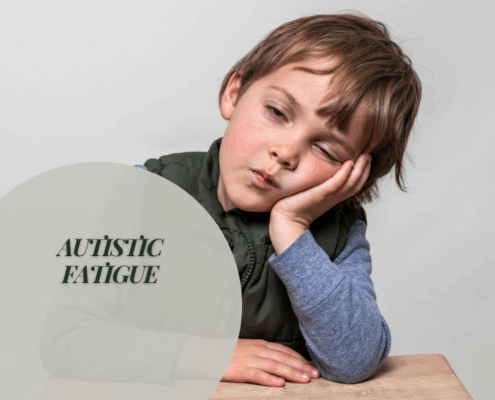
ABA Therapy in Kansas City Missouri
If your child was recently diagnosed with applied behavior analysis (ASD), you likely have a lot of questions. Many of those may revolve around what support and treatment services are available and recommended to help support them in the unique…

Autism Resources in Kansas City, MO
Being a parent of a child with autism spectrum disorder (ASD) can present many unique challenges. You can feel like you’re on an emotional rollercoaster at times, rotating between feeling proud and happy to confused, worried, sad, angry and…

Is Kansas City MO a Good Place to Live for People with Autism?
Parents always want what’s best for their children. For parents of children with autism spectrum disorder (ASD), doing so can be very challenging, especially if the place you live doesn’t have the support and services that your child might…

Does Blue Cross Blue Shield Cover ABA Therapy in Missouri?
If a trained professional has diagnosed your child with autism spectrum disorder (ASD), they will likely recommend them to receive applied behavior analysis.
Also known as ABA therapy, it’s a science-based approach to learning that has…

Does Carolina Complete Health Cover ABA Therapy in North Carolina?
A diagnosis of autism spectrum disorder (ASD) often comes with a recommendation to get applied behavior analysis, or ABA therapy. That’s because it’s considered the gold standard treatment option for children on the autism spectrum.
Following…

Autistic Fatigue: Recognizing and Managing Energy Depletion
At times, you may feel as if you’ve figuratively hit a wall, that you’re feeling tired and worn down even though you had a typical day. This type of fatigue is normal for people to experience occasionally.
For individuals with autism…

